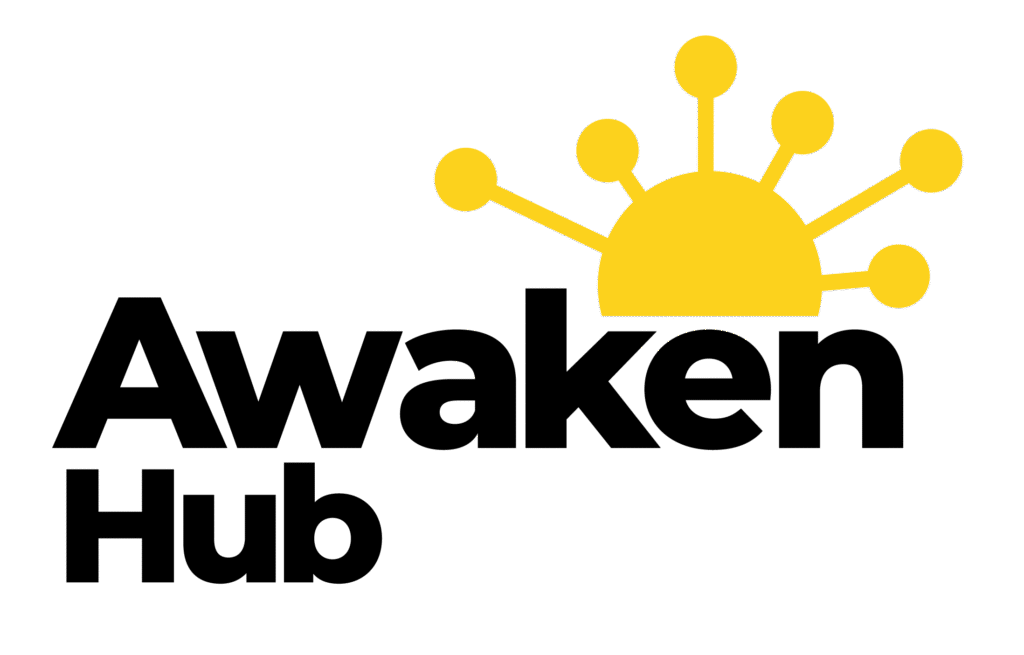Keeping Your Website Ship-Shape: The Importance of Regular Maintenance
In the digital age, your website serves as the face of your business, often being the first point of contact…
In the digital age, your website serves as the face of your business, often being the first point of contact for potential customers. As such, maintaining it is not merely an option; it is a necessity. Website maintenance encompasses a range of activities designed to ensure that your site remains functional, secure, and relevant.
This ongoing process involves regular updates, performance monitoring, and content management, all of which contribute to a seamless user experience. By prioritising website maintenance, you can enhance your online presence and foster trust among your audience. You may find that neglecting your website can lead to a myriad of issues, from broken links to outdated content.
These problems can deter visitors and negatively impact your brand’s reputation. Therefore, understanding the various aspects of website maintenance is crucial for anyone looking to establish a robust online presence. In this article, we will explore the importance of regular updates, security measures, performance management, content quality assurance, SEO strategies, and user experience considerations.
Each of these elements plays a vital role in ensuring that your website remains a valuable asset for your business.
Summary
- Regular website maintenance is essential for keeping your website running smoothly and efficiently.
- Updating your website regularly is important for security, performance, and user experience.
- Implementing security measures such as SSL certificates and regular backups is crucial for protecting your website from cyber threats.
- Monitoring and managing website performance is necessary to ensure that your website is running at its best.
- Content management and quality assurance are key aspects of maintaining a professional and engaging website.
The Importance of Regular Updates
Regular updates are fundamental to the health of your website. They not only keep your content fresh but also ensure that your software and plugins are functioning optimally. Outdated software can lead to compatibility issues and may even render your site unusable.
By routinely updating your website, you can prevent these problems and provide visitors with a smooth browsing experience. Additionally, search engines favour websites that are regularly updated, which can improve your site’s visibility in search results. Moreover, regular updates allow you to stay ahead of industry trends and technological advancements.
As user preferences evolve, so too should your website’s design and functionality. By keeping your site current, you demonstrate to your audience that you are engaged and responsive to their needs. This proactive approach not only enhances user satisfaction but also positions your brand as a leader in your field.
Therefore, committing to a schedule of regular updates is essential for maintaining the relevance and effectiveness of your online presence.
Security Measures to Protect Your Website

In an era where cyber threats are increasingly prevalent, implementing robust security measures is paramount for safeguarding your website. You must take proactive steps to protect sensitive data and maintain the trust of your users. This includes installing SSL certificates, which encrypt data transmitted between your site and its visitors, ensuring that personal information remains confidential.
Additionally, regularly updating your software and plugins can help close vulnerabilities that hackers might exploit. Another critical aspect of website security is the use of strong passwords and two-factor authentication. By enforcing stringent password policies and requiring additional verification steps, you can significantly reduce the risk of unauthorised access to your site.
Regularly backing up your website is also essential; in the event of a security breach or data loss, having a recent backup allows you to restore your site quickly and minimise downtime. By prioritising these security measures, you not only protect your website but also enhance the overall trustworthiness of your brand.
Monitoring and Managing Website Performance
| Metrics | Data |
|---|---|
| Page Load Time | 2.5 seconds |
| Server Response Time | 200 ms |
| Page Views | 1000 |
| Bounce Rate | 30% |
Monitoring and managing website performance is crucial for ensuring that visitors have a positive experience on your site. Slow loading times can lead to high bounce rates, as users are unlikely to wait for a page to load if it takes too long. You should regularly assess your site’s speed using various tools and make necessary adjustments to improve performance.
This may involve optimising images, minimising code, or leveraging browser caching to enhance loading times. In addition to speed, you should also monitor other performance metrics such as uptime and responsiveness. A website that frequently goes down or experiences errors can frustrate users and damage your reputation.
Implementing performance monitoring tools can help you identify issues before they escalate, allowing you to address them promptly. By actively managing your website’s performance, you create a more enjoyable experience for visitors and increase the likelihood of repeat traffic.
Content Management and Quality Assurance
Content is at the heart of any successful website, making effective content management essential. You must ensure that all information presented on your site is accurate, relevant, and engaging. Regularly reviewing and updating content not only keeps it fresh but also helps maintain its quality over time.
This process may involve editing existing articles, adding new blog posts, or removing outdated information that no longer serves your audience. Quality assurance is another critical component of content management. You should implement a system for proofreading and editing all content before it goes live to ensure that it meets high standards.
This includes checking for grammatical errors, verifying facts, and ensuring that the tone aligns with your brand’s voice. By prioritising content quality, you enhance user engagement and establish credibility within your industry.
Search Engine Optimization (SEO) Strategies

Search Engine Optimization (SEO) is an integral part of website maintenance that cannot be overlooked. You must employ effective SEO strategies to improve your site’s visibility in search engine results pages (SERPs). This involves conducting keyword research to identify terms that potential customers are searching for and incorporating them naturally into your content.
Additionally, optimising meta tags, headers, and image alt text can further enhance your site’s SEO performance.
You should stay informed about the latest trends and best practices in SEO to ensure that your website remains competitive.
This may involve adjusting your content strategy based on performance analytics or exploring new avenues such as local SEO or voice search optimisation. By continually refining your SEO efforts, you can drive more organic traffic to your site and increase its overall visibility.
User Experience and Accessibility
User experience (UX) is a critical factor in determining how visitors interact with your website. A well-designed site that is easy to navigate encourages users to explore further and engage with your content. You should regularly assess the layout and design of your site to ensure that it meets the needs of your audience.
This may involve simplifying navigation menus, improving search functionality, or enhancing mobile responsiveness. Accessibility is another vital consideration in user experience design. You must ensure that all users, regardless of their abilities or disabilities, can access and interact with your site effectively.
This includes implementing features such as alt text for images, keyboard navigation options, and ensuring that colour contrasts meet accessibility standards. By prioritising both user experience and accessibility, you create an inclusive environment that welcomes all visitors and fosters engagement.
The Benefits of Regular Website Maintenance
In conclusion, regular website maintenance is essential for ensuring the long-term success of your online presence. By committing to routine updates, implementing robust security measures, monitoring performance, managing content quality, optimising for search engines, and enhancing user experience, you position yourself for success in an increasingly competitive digital landscape. The benefits of these efforts extend beyond mere functionality; they contribute to building trust with your audience and establishing credibility within your industry.
Ultimately, investing time and resources into regular website maintenance pays dividends in the form of increased traffic, improved user satisfaction, and enhanced brand reputation. As you navigate the complexities of maintaining a successful website, remember that each element plays a crucial role in creating a cohesive online experience for your visitors. By prioritising these aspects of website maintenance, you can ensure that your site remains a valuable asset for years to come.
Website maintenance is crucial for ensuring that your online presence remains strong and effective. Regularly updating content, fixing broken links, and ensuring that your website is secure are all important aspects of maintaining a successful website. For more information on how to improve your website’s visibility and reach, check out this article on local business SEO strategy. This article provides valuable insights into how small businesses can use SEO to improve their online presence and attract more customers.











